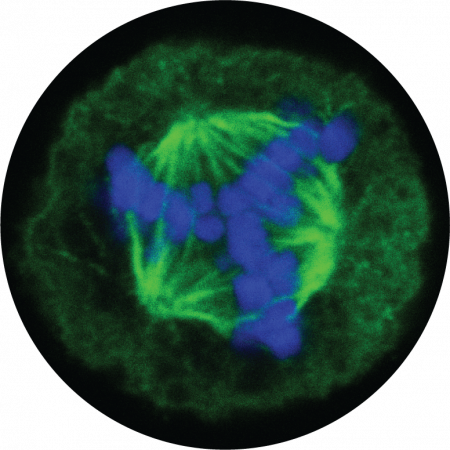
Cancer cells experience elevated levels of proteotoxic stress as a consequence of rapid growth, wide-spread missense mutations and genomic imbalance. Therefore, protein quality control systems, including the ubiquitin-proteasome system (UPS) and autophagy, become important to maintain the proteostasis of cancer cells. To this end, we are focusing our studies on decoding the roles of UPS system and autophagy in lung cancer, colorectal cancer and hepatocellular carcinoma. Several lines of evidence suggest that misregulation of components of the UPS (E3 ubiquitin ligases, deubiquitinases and E2s) contributes to the malignant progression of human cancers at multiple levels. Most of the ER-phagy receptors and proteins of the autophagy machinery have been linked to various malignancies, however, the molecular mechanistic insights governing these behaviors are poorly understood. By employing the state-of-the-art CRISPR/Cas screens, genetically engineered mouse models (GEMM) of cancer, and high-throughput quantitative mass spectrometry, we envision to decipher the key molecular signaling pathways responsible for the uncontrolled tumor growth, metastasis and the invasive potential. Lastly, based on this knowledge, we aim to develop novel therapeutic approaches to target specific cancer types.
 STRUCTURE
STRUCTURE PROTEOMICS
PROTEOMICS MICROSCOPY
MICROSCOPY BACTERIA
BACTERIA ER-PHAGY
ER-PHAGY DNA DAMAGE
DNA DAMAGE